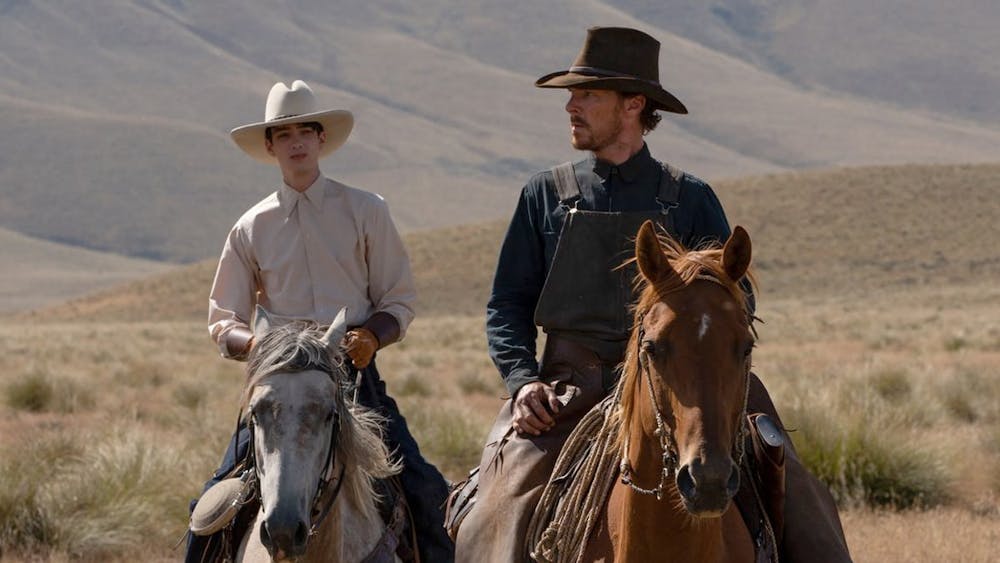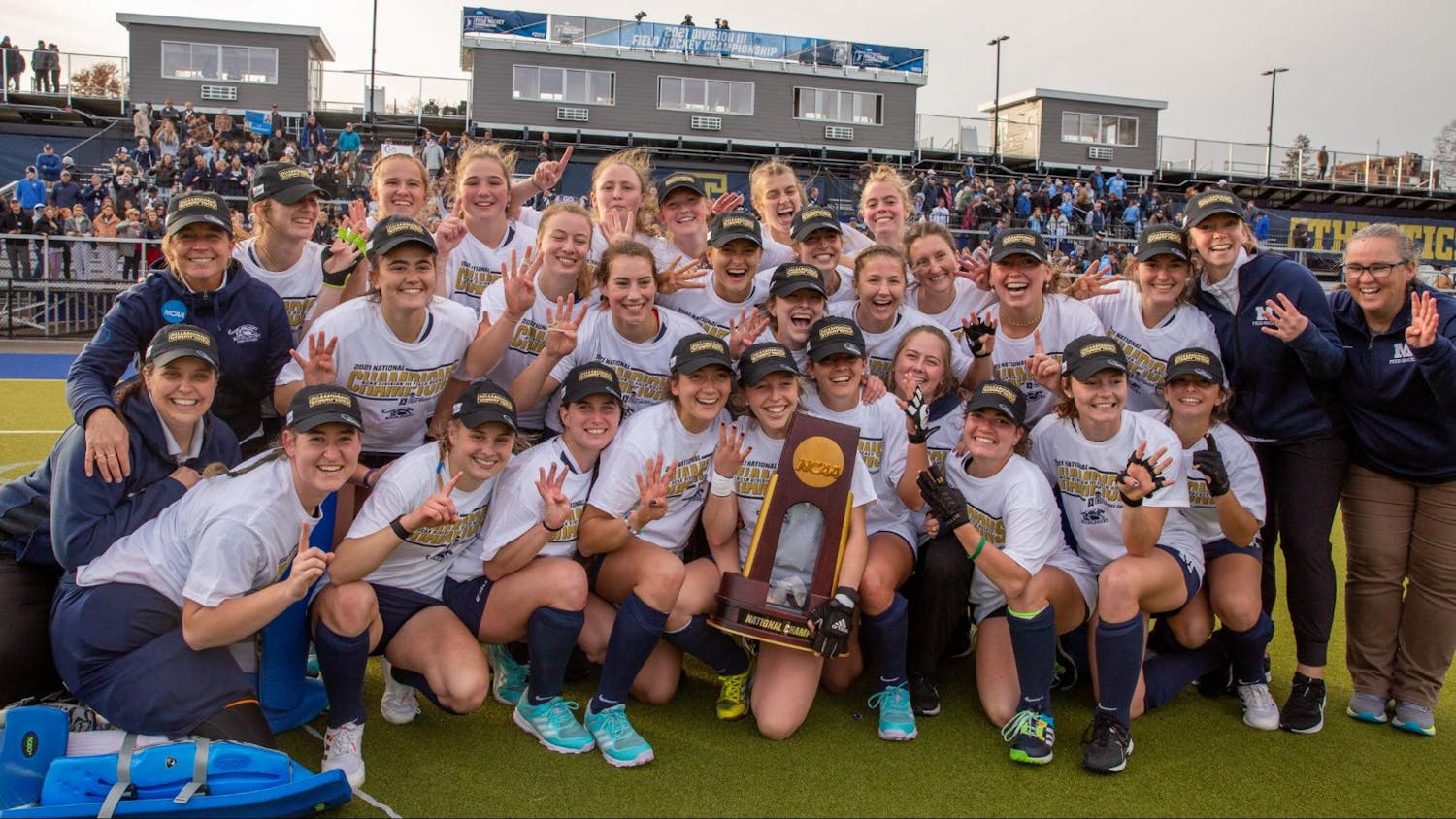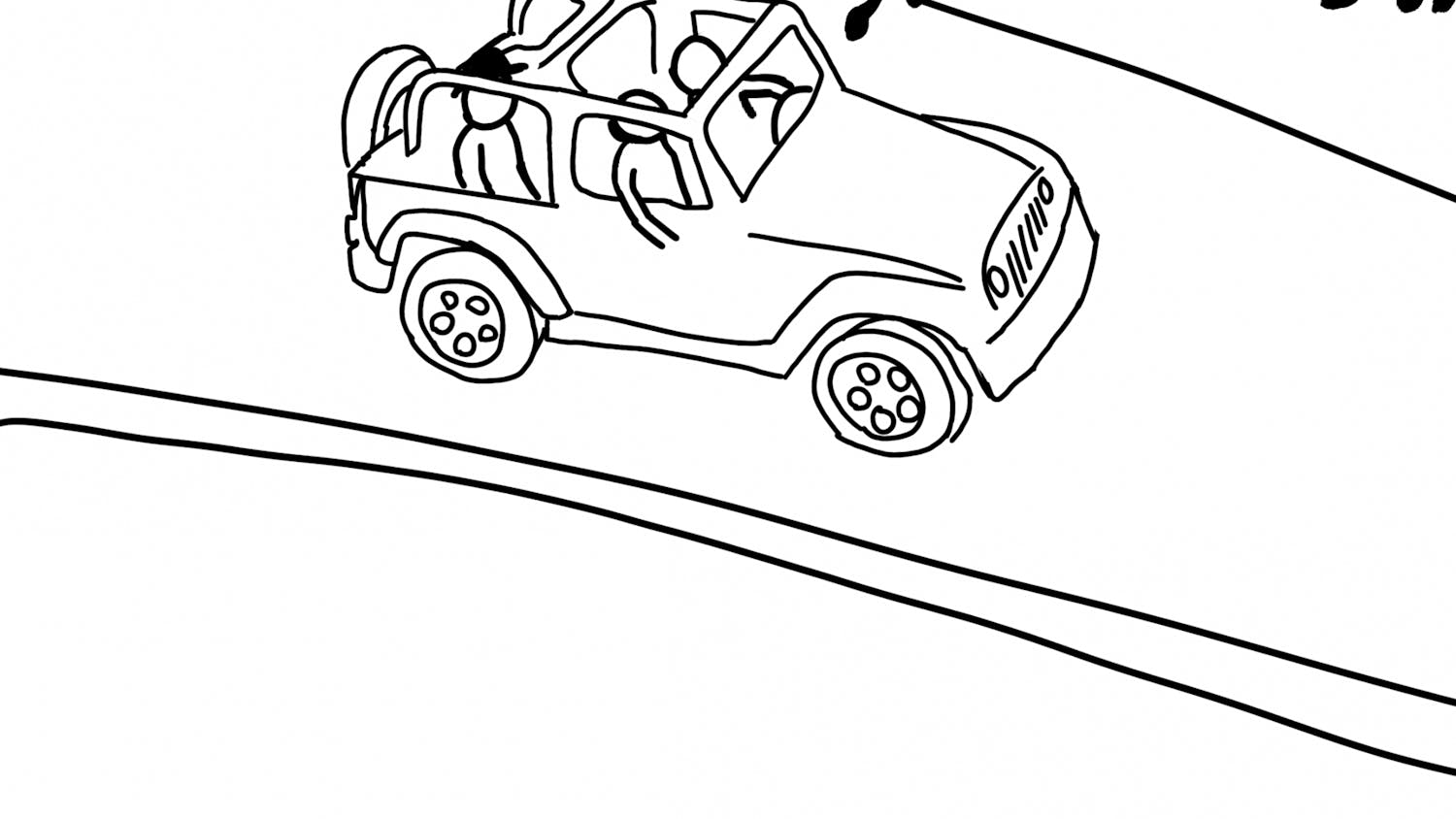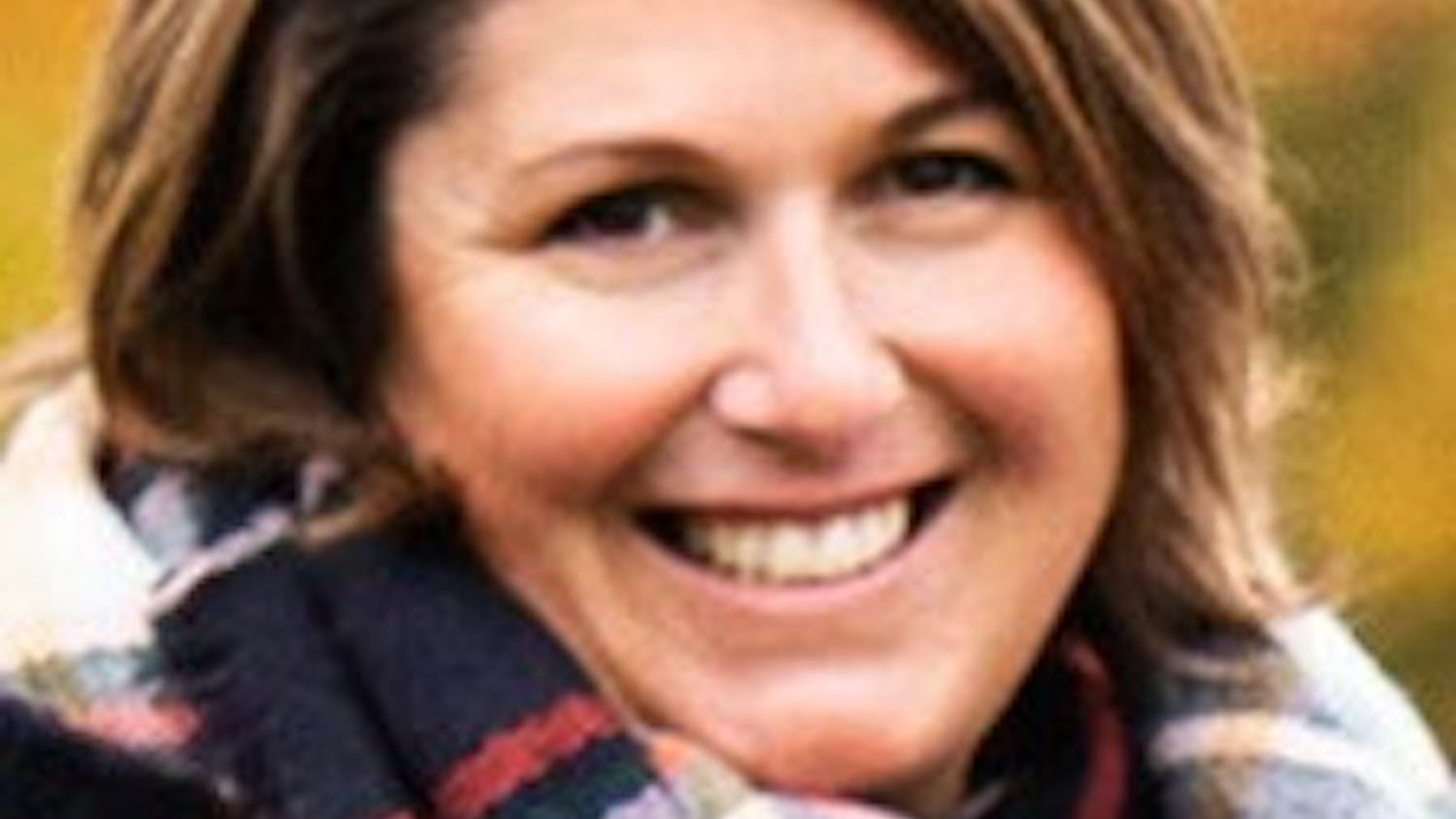In Netflix’s “The Power of the Dog,” the first film from Academy Award winning director Jane Campion in twelve years, Benedict Cumberbatch transforms into cattle rancher Phil Burbank with a brilliance that is matched only by the quality of the film itself. He is raw, startling and ultimately tragic as he leads us through an intimate Western that often conveys its meaning through powerful imagery and strong acting rather than pointed dialogue.
It’s Montana, 1925. Phil, along with his brother George (Jesse Plemons), is on a cattle drive to deliver livestock from the prosperous ranch they inherited from their parents to a nearby town. It is quickly established that the wiry, disheveled, dirt-covered Phil is fully devoted to his life as a hardened rancher. Phil’s speech to his brother that this drive to town marks the 25th anniversary of their first drive together reveals the character’s reverence for the gritty yet romantic rancher lifestyle.
George, however, wants to escape. Neatly groomed and dressed in a suit, he refuses to acknowledge his older brother’s nostalgic recollection with a silence that captures his alienation from the life he inherited. The division between the two brothers springs to the surface once they reach the town and George marries Rose Gordon (Kirsten Dunst), the local inn keeper. Rose returns to the ranch with her son, Peter (Kodi Smit-McPhee), a teenager whose effeminate qualities inspire bitterness in Phil. They initially avoid each other’s presence, but as the coarse cowboy and the gentle-natured boy inevitably cross paths, an unexpected bond develops that threatens to unearth a buried secret from Phil’s past.
Cumberbatch is excellent throughout the entirety of the film. Whether Phil is mocking Rose’s poor attempts to play the piano by strumming the tune expertly on his banjo or lurking in the shadowy corner of a barn behind the butt of a cigarette, the actor plays this fascinating character with a cold intensity that is sure to earn him hardware at upcoming award shows. The way that Cumberbatch interacts with Campion’s writing and direction, though, really makes “The Power of the Dog” stick.
To put it simply, there is not a single superfluous word of dialogue in Campion’s screenplay. Long stretches of the film pass by in contemplative quietness. When the characters do speak, every word is rich with relevance to the plot and its thematic concerns. But when it comes to the most meaningful parts of the narrative, Campion is sure to let her camera do the talking. She visually conveys important story elements that a less subtle filmmaker would likely have expressed verbally. In a memorable scene early in the film, Phil passionately washes the riding saddle of his idolized mentor. Here, Campion depends on careful camerawork and Cumberbatch’s acting prowess to communicate the hidden truth about the character without him ever speaking a word. In a genre made famous by caricatured heroes and villains, as well as melodramatic showdowns, this more thoughtful approach to the Western is deeply satisfying.
All of this talk of subtlety and theme may be letting on to the fact that “The Power of the Dog” is not a blockbuster. You’re probably not going to call your friends up this Friday and tell them to meet you at the theatre to see it. But if you have the patience to watch a methodical, contemplative, metaphor-laden western, you will be deeply rewarded by the craft and storytelling at work in Campion’s film. Contrary to what the trailers may have led you to believe, you will be moved, too. Marketing for the film painted it as an intense, cerebral drama featuring a despicable Cumberbatch. “The Power of the Dog” fits this description — mostly. As the film progresses, a painful warmth begins to radiate from the story, and Cumberbatch’s performance begins to elicit pity rather than repugnance. Go find out why — you’ll experience one of the best movies of the year.
Jack Torpey '24 (he/him) is an Arts and Culture Editor. He writes film reviews for the Reel Critic column.
Jack is studying English with a minor in Film and Media Culture. Outside The Campus, he works as a peer writing tutor at the Writing Center and is a member of the Middlebury Consulting Group.




